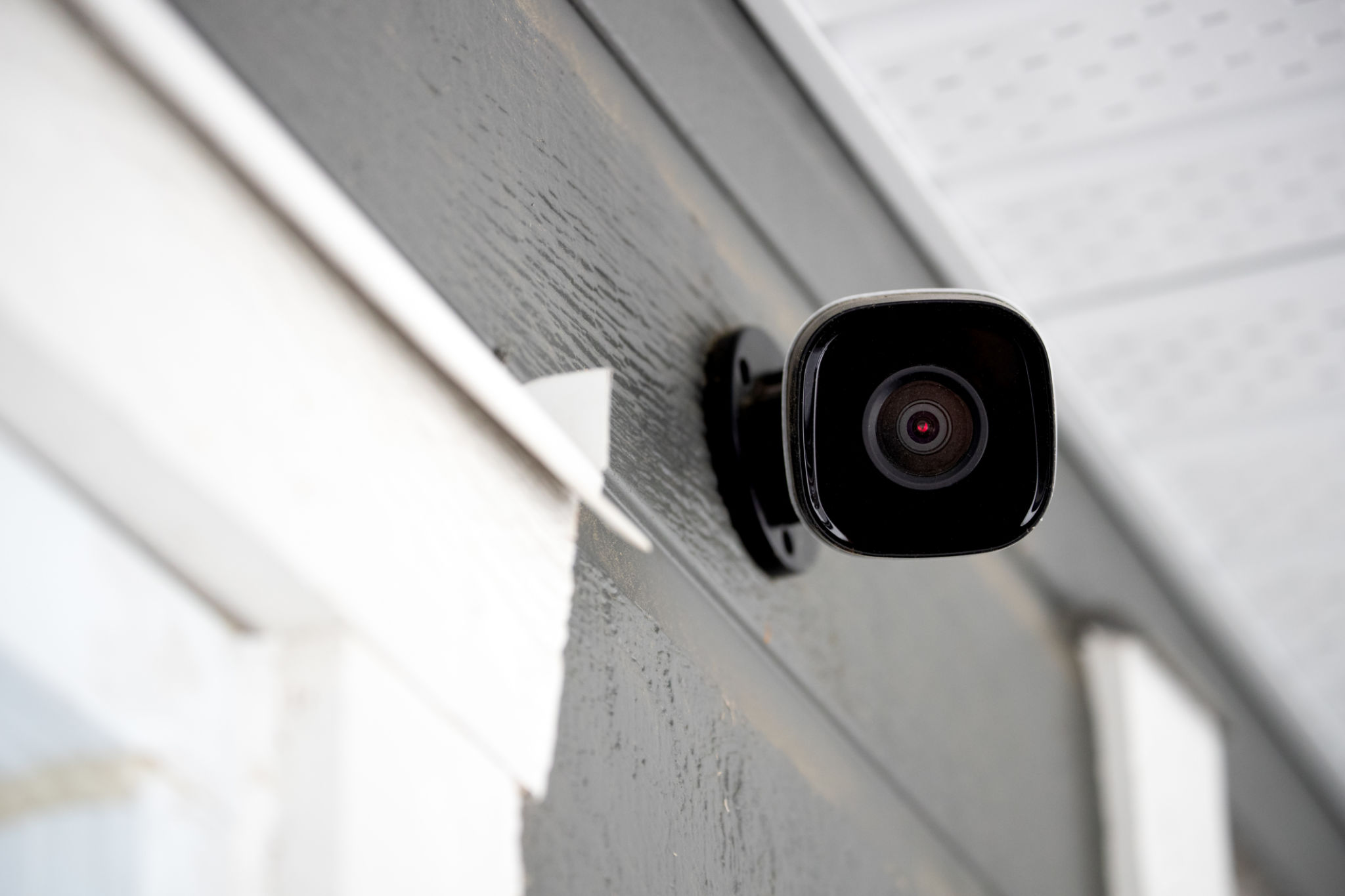How to Choose the Best CCTV System for Your Home in Youngstown
Understanding Your Security Needs
When it comes to safeguarding your home in Youngstown, selecting the right CCTV system is crucial. Before diving into the available options, it's essential to assess your specific security needs. Consider factors such as the size of your property, the areas you want to monitor, and potential vulnerabilities. By identifying these aspects, you can tailor your CCTV system to effectively protect your home.
Additionally, think about whether you require indoor surveillance, outdoor monitoring, or a combination of both. Outdoor cameras might need to withstand harsh weather conditions, while indoor cameras could focus on covering entry points or specific rooms.

Types of CCTV Cameras
There are several types of CCTV cameras available, each with its own set of features and benefits. Some popular options include:
- Dome Cameras: Known for their discreet design, these cameras are ideal for indoor use and provide a wide field of view.
- Bullet Cameras: These are typically used outdoors and are recognizable by their long, cylindrical shape, offering excellent range and visibility.
- PTZ Cameras: Pan-Tilt-Zoom cameras allow you to control the viewing angle remotely, providing flexibility in monitoring larger areas.
Choose a camera type based on your specific requirements and the area you wish to monitor.
Key Features to Consider
When evaluating CCTV systems, focus on key features that enhance security and usability. Resolution is a critical factor; higher resolutions offer clearer images, aiding in better identification of details. Look for systems that provide at least 1080p HD quality.
Night vision capabilities are also essential for 24/7 monitoring. Ensure the system includes infrared or low-light technology to capture clear footage in darkness. Additionally, consider systems with motion detection alerts that notify you of any unusual activity.

Wired vs. Wireless Systems
Another decision you'll face is choosing between wired and wireless systems. Wired systems are known for their reliability and consistent connection, making them suitable for permanent installations. However, they can be more challenging to install due to the need for running cables.
Wireless systems, on the other hand, offer easier installation and flexibility in camera placement. They connect via Wi-Fi and are ideal for temporary setups or properties where running cables is impractical. Consider your technical skills and property layout when choosing between these options.
The Importance of Storage Solutions
Your CCTV system should have adequate storage options to archive footage for later review. Options include cloud storage or local storage on a digital video recorder (DVR) or network video recorder (NVR). Cloud storage offers easy access from anywhere but may require a subscription fee.
DVRs and NVRs provide local storage but require physical space for installation. Evaluate how much footage you need to store and for how long when selecting a storage solution.

Professional Installation vs. DIY
Decide whether you prefer a professional installation or a DIY approach. Professional installers ensure that cameras are correctly positioned and configured for optimal performance. They can also integrate the system with other security measures like alarms or smart home devices.
If you're tech-savvy and wish to save on costs, a DIY installation might be suitable. Many modern CCTV systems come with user-friendly manuals and online tutorials that guide you through the setup process.
Budget Considerations
Your budget will significantly influence the CCTV system you choose. While high-end models offer advanced features, there are plenty of affordable options that provide reliable security. Determine your budget range early on and look for systems that offer the best value within that range.
Remember that investing in a quality CCTV system is a long-term investment in your home's security, so it's worth spending a bit more for added peace of mind.

